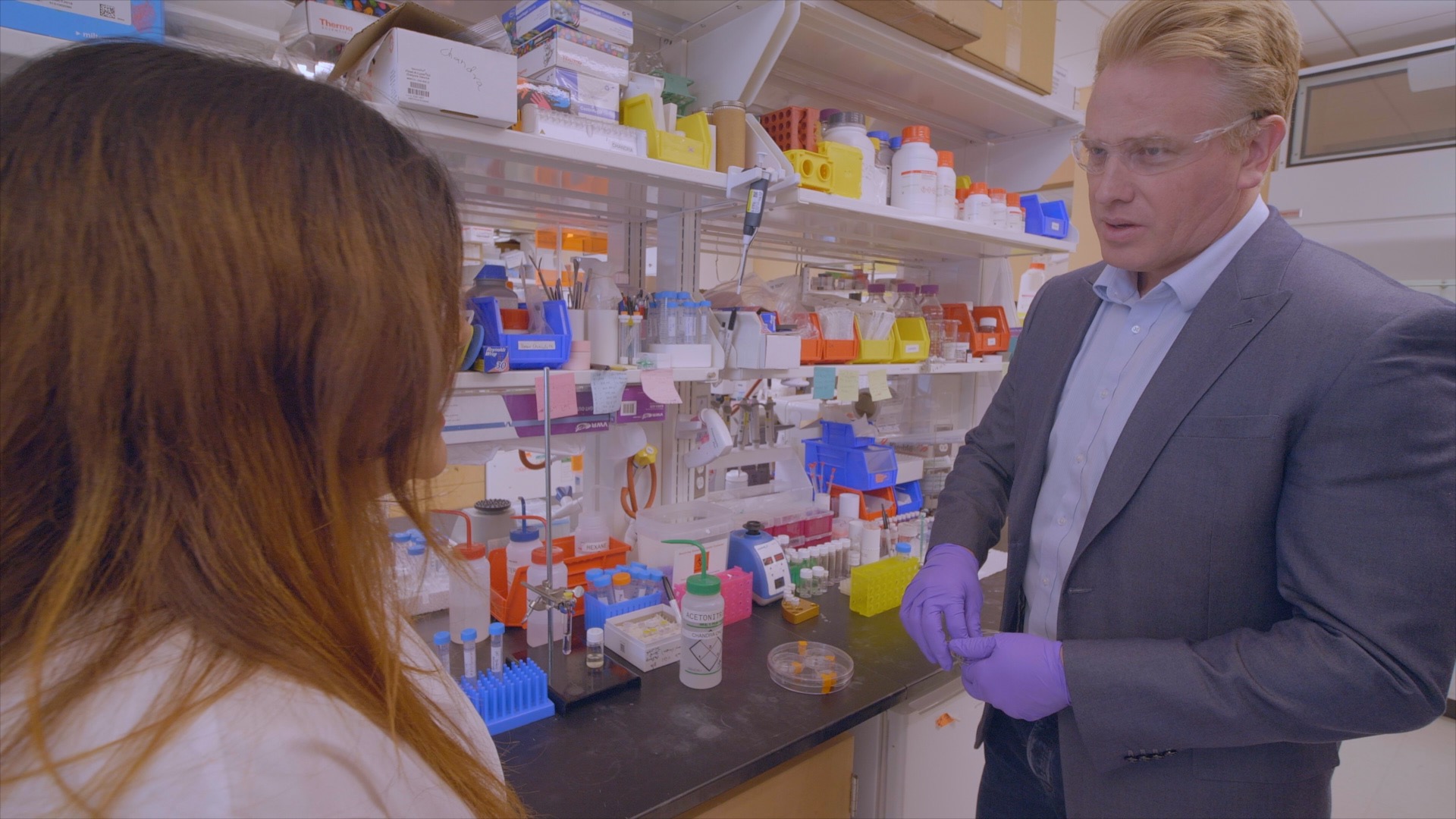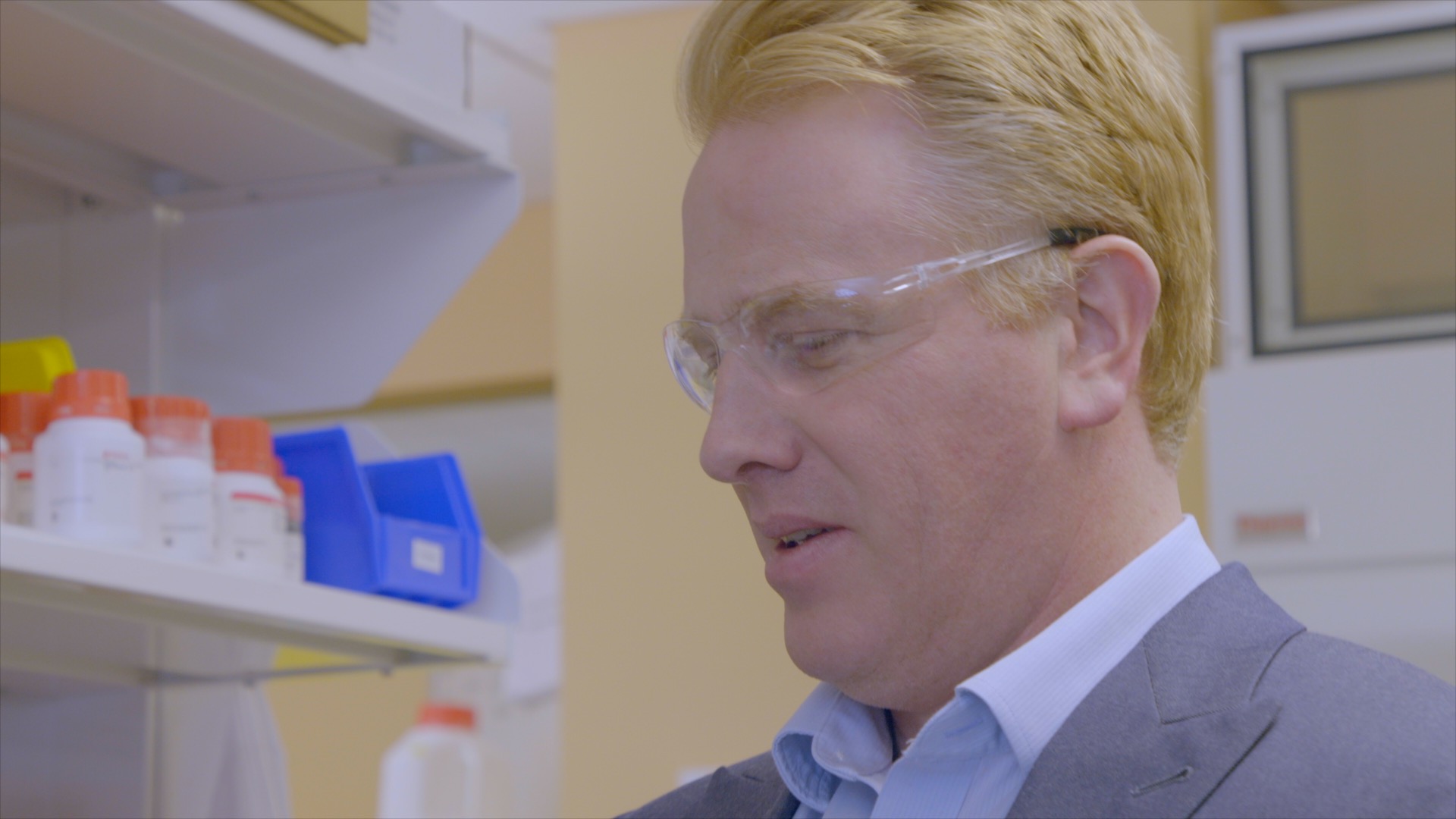Meet the Scientist: Developing Devices That Resist Autoimmune Attacks

What might be the next best thing to having a healthy pancreas that is steadily producing insulin? It could be a device inside a person’s body that would protect the implanted beta cells from attack, while allowing the cells to produce insulin for you. Dan Anderson, Ph.D., has been working for years to create devices that deliver therapies to people who need them, including type 1 diabetes (T1D).
Delivery of insulin via devices is difficult in T1D cases because of the body’s own autoimmune response. Not only does the body attack beta cells in T1D, but the immune system also attacks foreign substances – including engineered items like a device. Anderson, a professor at the Massachusetts Institute of Technology at the institute for medical engineering and science, has been working with colleagues for years to create devices that can successfully deliver insulin to people with T1D over time.
In the past, the only way to get beta cells was to take them from a donor pancreas. But research in that area has come a long way. Teams that Dr. Anderson has worked with have been able to produce unlimited beta cells from stem cells, but now everyone is dealing with the difficulty of evading the immune system.

Dr. Anderson’s lab has helped develop a device that protects beta cells inserted into animal models. The device is coated with a substance that keeps the body from forming scar tissue around the device. That way, the beta cells inside can get the oxygen and nutrients that they need to survive and thrive. Wrapped around the device is a layer that allows some immune cells in, but not the T cells that would harm the beta cells. “This device allows us to transplant these cells to survive and function without immune suppression, thereby providing blood sugar control without outside injected insulin,” says Dr. Anderson.
The next phase of research is aimed at refining the device, as well as determining the optimal location for where it should be placed in the body, to help it function much longer, and in humans.

Hear Dr. Anderson talk about his research—and get introduced to many more JDRF-supported researchers—by visiting our new site Meet the Scientists. See how researchers are forging their own paths to help find cures and improve the lives of those living with T1D.
Funding beta cell replacement research is extremely important to JDRF. Please consider donating today, to help push our progress forward toward T1D cures with your support.